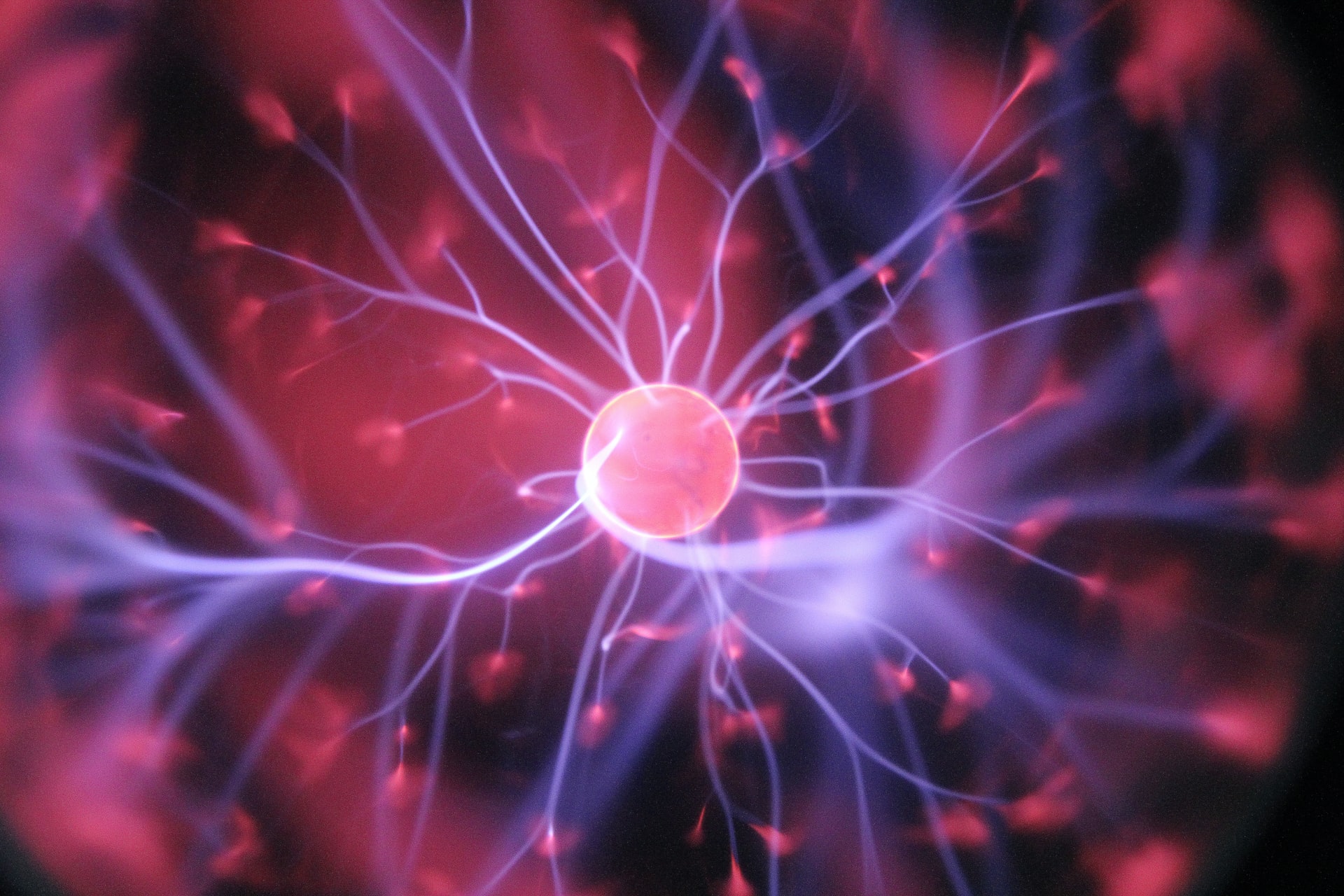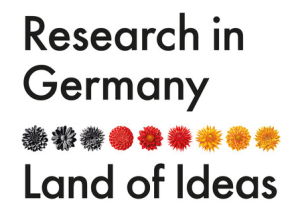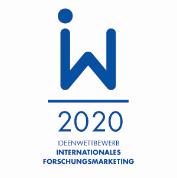Prof. Fabian Leendertz at the One Health Founding Ceremony:
"Human health cannot be viewed in isolation."
News

Contact
Leibniz Institute for Plasma Research and Technology e.V. (INP)
Communication
Stefan Gerhardt
stefan.gerhardt@inp-greifswald.de
T. +49 3834 554-3903
Plasma methods for clean water
The application of plasma-based methods for the degradation of biological and chemical contaminants in (waste) water is being intensively researched at INP. The sources of the contaminants are diverse and come, for example, from health care, industry and agriculture. What all contaminants have in common is that they influence the environment via the water cycle and thus also human and animal health.
Especially for the inactivation of microorganisms (including antibiotic-resistant microorganisms) and viruses as well as for the degradation of persistent contaminants such as pharmaceutical residues or also perfluorinated hydrocarbons, plasma-based processes can be a suitable solution. At the INP, not only the plasma-based methods and processes are being investigated, but also, depending on the problem, the various possible combinations with other water treatment methods in order to achieve the best possible and most economical result.
When it comes to plasma treatment of wastewater, we think it makes sense to use it preferably in decentralised plants as close as possible to the point of origin / input. Especially for hospital wastewater, wastewater from meat processing and animal husbandry, this can be an efficient way to reduce the entry of pharmaceutical residues, microorganisms and viruses into the water cycle, to work as energy-efficiently as possible, to avoid dilution effects and, in addition, to contain the spread of antibiotic resistance.
In this context, we are currently preparing a project for the decentralised treatment of hospital wastewater together with partners from industry, which is scheduled to start in the 3rd quarter of this year.
Other research work is focused on the treatment of process water, e.g. from laundries, the food industry or aquaculture facilities, in order to break down the pollutants and microorganisms it contains. The aim in each case is to enable water to be recirculated, to reduce the demand for fresh water and to keep the input of biological and chemical contaminants into the environment as low as possible.
Plasma technology - a versatile tool
As a component of the One Health approach, plasma processes are not only a versatile tool for water treatment.
For example, the use of plasma in the decontamination of room and exhaust air is already established in practice. There are further possible applications for plasma-based processes in food processing to increase food safety by inactivating pathogenic microorganisms. In agriculture, for example, the treatment of seeds can save on pesticides and stimulate plant growth in the future. Intensive work is being done on this in the BMBF-funded WIR! Alliance "Physics for Food".
Plasma processes thus represent an important tool of the One Health approach. The researchers at INP are committed to further developing the basics and bringing this tool into application.


